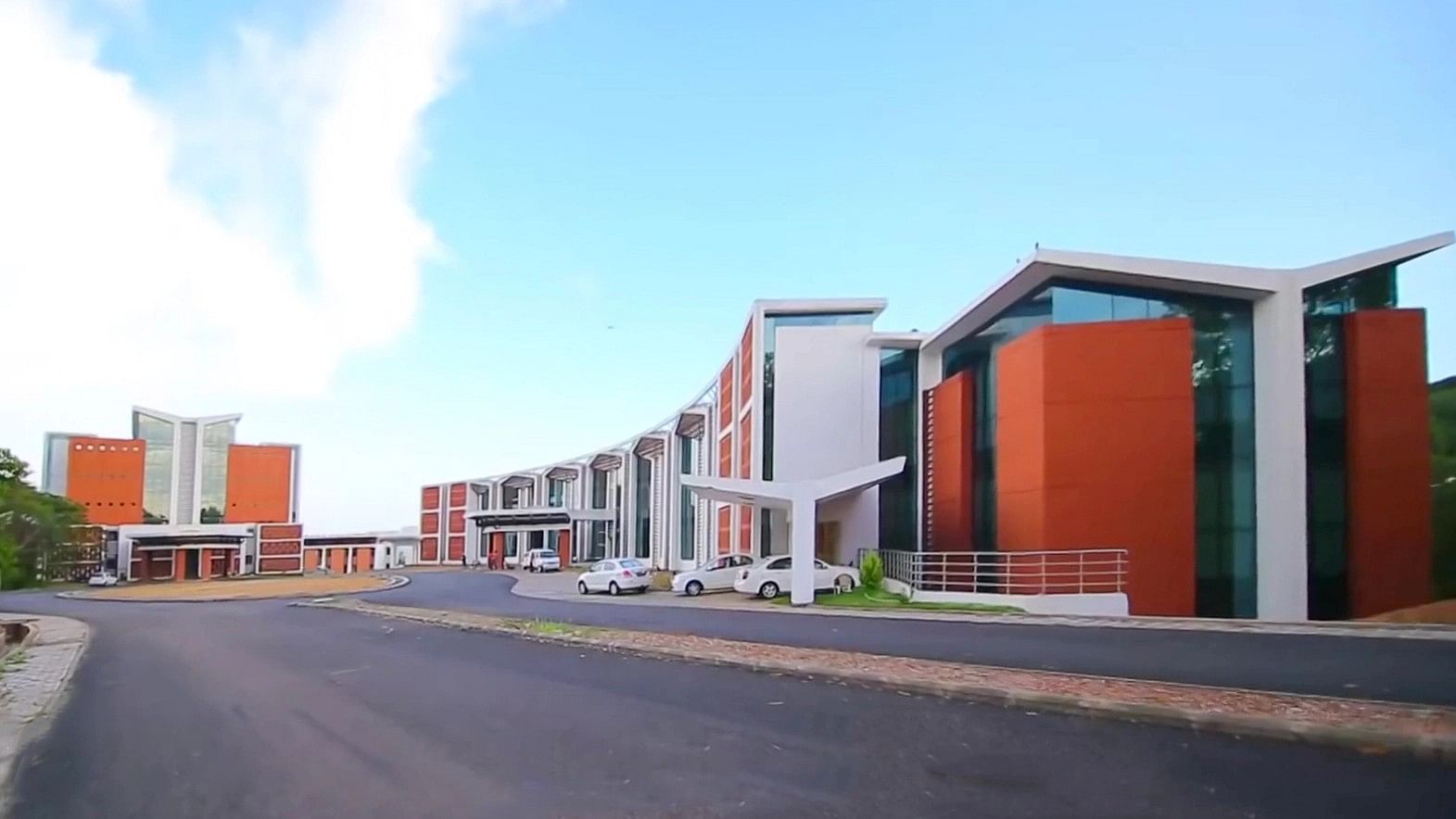
The Indian Institute of Space Science and Technology (IIST), Thiruvananthapuram.
Credit: Wikimedia Commons
Bengaluru: The Indian Institute of Space Science and Technology (IIST), an autonomous institution under the Department of Space, is providing the telemetry and telecommand support to Dhruva Space’s payload launched in the recent PSLV C-58 XPoSat mission.
The support operations are being coordinated from the Thiruvananthapuram-based IIST’s ground station, fully developed and backed by the students and staff of the institute. LEAP-TD, developed by Hyderabad-based startup Dhruva Space, is one of the nine payloads on the POEM orbiting platform of PSLV C-58, launched on January 1.
Dhruva Space has developed LEAP-TD for a technology demonstration of key systems including telemetry and telecommand modules.
A team of eight members from Dhruva Space are in IIST as part of the ground station operations. The ground station received the first beacon and telemetry from LEAP-TD on January 2, when the payload on low earth orbit was switched on for the first time.
“Since then, the payload is being tracked by the ground station periodically and beacon/telemetry signals are being received and telecommand is being sent from the IIST ground station,” the Indian Space Research Organisation (Isro) said.
IIST, an institute of excellence for education and research in space technology, space science and space applications, has provided ground support to satellites and developed payloads including INSPIREsat-1, in association with the University of Colorado, US, for Isro’s PSLV-C52/EOS-04 mission, launched in 2022.
Isro said space startups and universities could utilise the institute's ground tracking and small satellite capabilities on mutually agreeable terms. Multiple futuristic satellites and payloads are being developed by the students. “In this way, IIST is creating industry-ready students with knowledge of cutting-edge technologies in the space sector,” the space agency said.